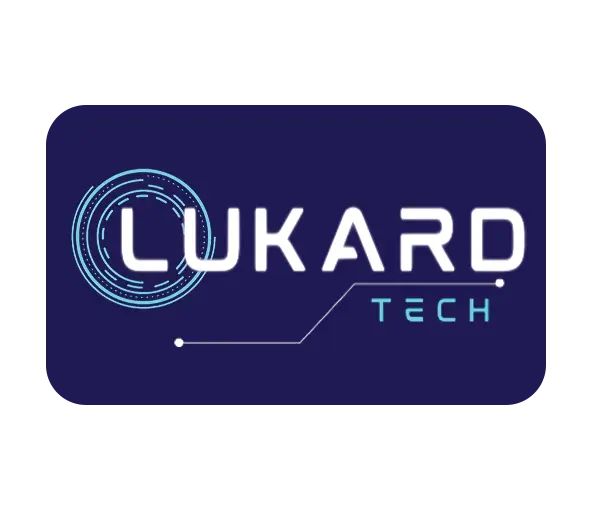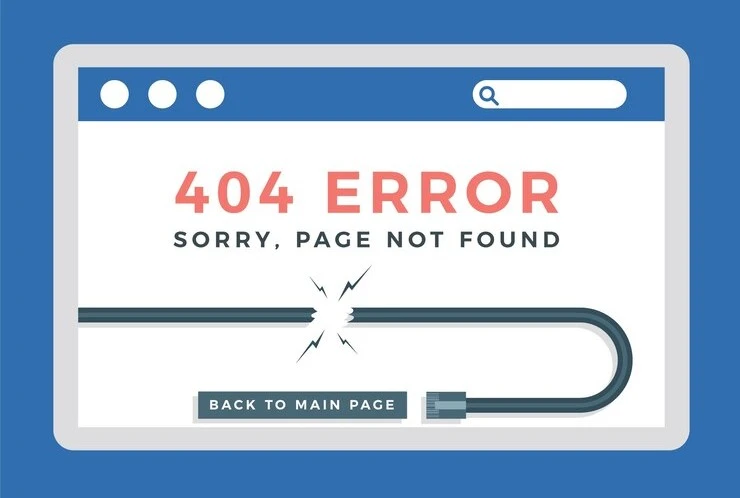In the vast landscape of website management, broken links often lurk in the shadows, silently sabotaging user experience and undermining site credibility. In this blog, we’ll shed light on the symptoms of website dysfunction caused by broken links, discuss their impact on website performance, and provide actionable tips to diagnose and address this common issue.
Uncovering the Symptoms
Broken links, also known as dead links or link rot, are hyperlinks that point to webpages or resources that no longer exist or have been moved. These dysfunctional links manifest in various symptoms that indicate underlying website maintenance issues:
- Error Pages: Clicking on a broken link leads users to encounter error pages such as “404 Not Found” or “Page Not Found,” indicating that the linked content is unavailable.
- Navigation Issues: Broken links disrupt website navigation, preventing users from seamlessly accessing desired content and navigating between pages.
- Poor User Experience: Encountering broken links frustrates users and diminishes their trust in the website, leading to increased bounce rates and decreased user engagement.
- Negative SEO Impact: Search engines penalize websites with broken links, as they signal poor website maintenance and negatively impact user experience, resulting in decreased search engine rankings.

Impact of Broken Links
Broken links can have far-reaching implications for website functionality, user experience, and overall site performance:
- User Frustration: Broken links disrupt the user’s browsing experience, leading to frustration and dissatisfaction with the website.
- Loss of Credibility: Websites with broken links appear unprofessional and unreliable, damaging brand credibility and reputation.
- Decreased Traffic: Users encountering broken links are less likely to explore the website further, resulting in decreased traffic and engagement.
- Negative SEO Impact: Search engines interpret broken links as a sign of poor website quality and may lower the website’s search engine rankings as a result.
Diagnosing and Addressing Broken Links

To diagnose and address broken links effectively, website owners and administrators can take the following proactive steps:
- Regular Link Audits: Conduct regular audits of website links using online tools or plugins to identify and address broken links promptly.
- Manual Checks: Manually review website content and navigation to identify and update broken links as needed.
- 301 Redirects: Redirect broken links to relevant and functioning webpages using 301 redirects to preserve link equity and improve user experience.
- Fix Internal Links: Ensure internal links within the website point to valid and relevant content, updating or removing broken links as necessary.
- Monitor External Links: Monitor external links pointing to the website and request webmasters to update or remove broken links from their websites.
- Update Sitemap: Regularly update the website’s XML sitemap to reflect changes in website structure and content, facilitating search engine crawling and indexing.
- Use Tools and Plugins: Utilize tools and plugins such as Google Search Console, Screaming Frog, or Broken Link Checker to automate the detection and resolution of broken links.

Conclusion
Broken links are more than just technical glitches—they are symptomatic of underlying website maintenance issues that can have detrimental effects on user experience, website credibility, and search engine rankings. By recognizing the symptoms of website dysfunction caused by broken links and implementing proactive strategies to diagnose and address this issue, website owners can improve site performance, enhance user satisfaction, and maintain a positive online reputation.
In the digital age where user experience is paramount, don’t let broken links hinder your website’s potential. Take proactive steps to uncover and address broken links, ensuring a seamless browsing experience for your visitors and maintaining the integrity of your website’s online presence.
Explore Our SEO Pricing Packages
-
Basic SEO
-
$150/month
-
.Keyword Research
-
On-PageOptimization
-
TechnicalSEO Audit
-
MonthlyReporting
-
Competitor Analysis
-
Advanced SEO
-
$300/month
-
ComprehensiveKeyword Research
-
On-Page and Off-PageOptimization
-
Recommendations and TechnicalSEO Audit
-
Bi-MonthlyReporting
-
Competitor Analysis
-
Custom SEO
-
Tailored.
-
Analysis and In-DepthKeyword Research
-
Complete On-Page and Off-PageOptimization
-
Recommendations, Implementation and TechnicalSEO Audit
-
Analytics and AdvancedReporting
-
Competitor Analysis



